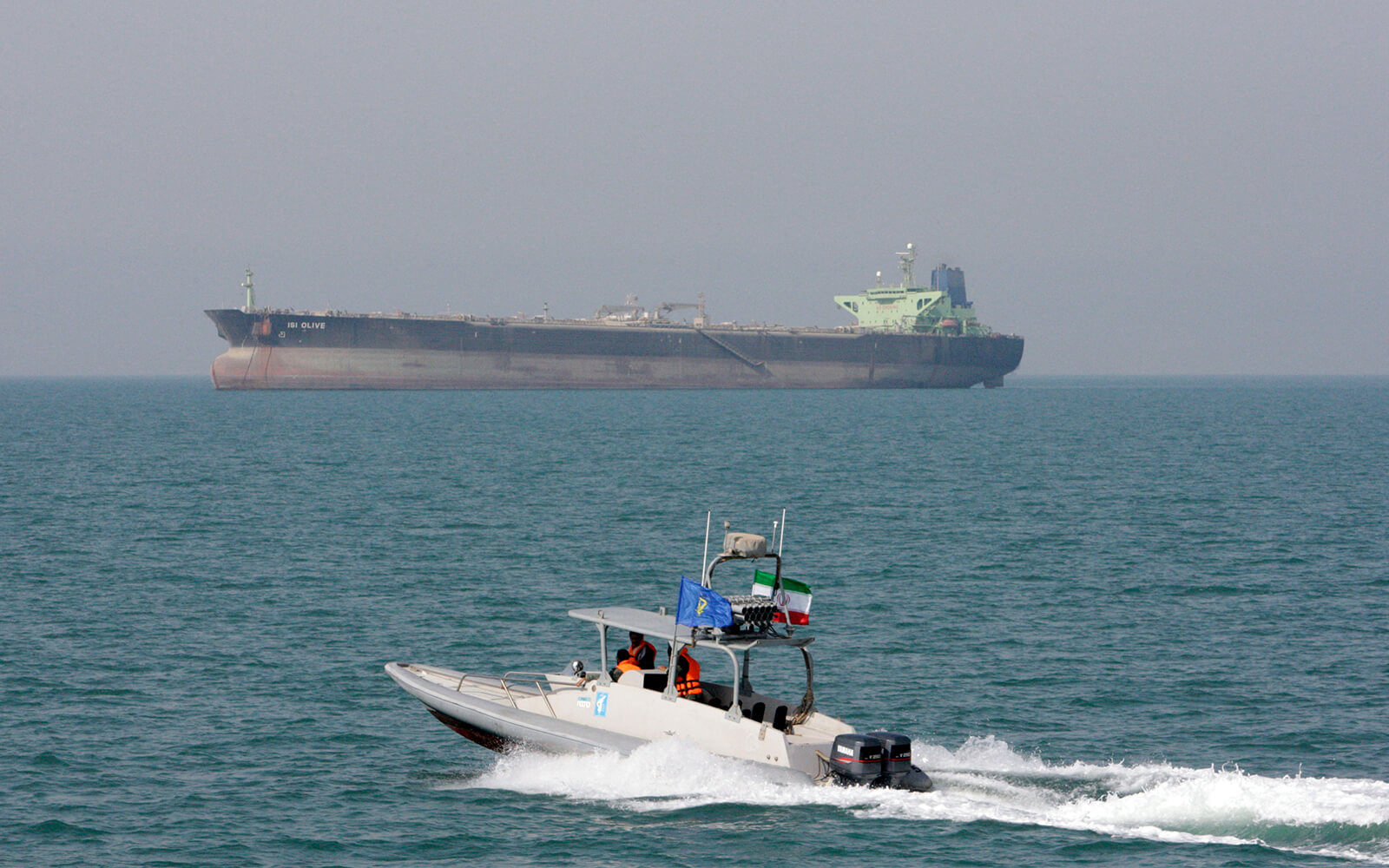The Iranian government on Monday rejected the claims by the United Kingdom (UK), the United States (US), and Israel that it was responsible for a fatal attack on an oil tanker off the coast of Oman last week that killed two crew members.
Al Jazeera reported that Mercer Street, an oil tanker managed by Israeli billionaire Eyal Ofer, was attacked on Thursday northeast of Oman’s island, Masirah, resulting in the death of a Romanian and British citizen. Following the attack, American Navy vessels escorted the tanker to a safe port. The attack came days before Iran is set to inaugurate Ebrahim Raisi as the country’s eighth President. Raisi has vowed to work towards reviving relations with Western powers and get rid of sanctions imposed on Iran.
Although officials from the UK, the US, and Israel blamed Iran for the attack, none provided any evidence linking the country to the incident.
Israeli Prime Minister Naftali Bennet said it was a “reminder of Iranian aggression.” Addressing the Israeli cabinet, he said, “The intelligence evidence for this exists, and we expect the international community will make it clear to the Iranian regime that they have made a serious mistake. In any case, we know how to send a message to Iran in our way.”
Likewise, US Secretary of State Anthony Blinken was “confident” that Iran orchestrated the attack. He said, “There is no justification for this attack, which follows a pattern of attacks and other belligerent behaviour.” Blinken vowed to cooperate with governments in and outside the region and consider an “appropriate response.”
Similar sentiments were echoed by British Foreign Secretary Dominic Raab, who claimed that it was “highly likely” that Iran was behind the attack on Mercer Street. He said the British government believed that the attack was “deliberate, targeted, and a clear violation of international law.” In addition, he called on Iran to refrain from orchestrating such attacks and allow vessels to “navigate freely in accordance with international law.”
Meanwhile, Israeli Foreign Minister Yair Lapid spoke with Blinken and agreed to work together to “investigate facts, provide support, and consider the appropriate next steps.” Lapid said, “I’ve instructed the embassies in Washington, London and the United Nations to work with their interlocutors in government and the relevant delegations in the UN headquarters in New York.” Israeli Defence Minister Benny Gantz also convened a meeting with Israel Defence Forces (IDF) Chief of Staff Aviv Kahavi and other ministry members. Furthermore, Kahavi discussed “recent events in the region and common challenges faced by both countries” with the British Army’s Chief of Staff, General Nick Carter.
While rejecting the allegations and criticising the Israeli government, Iranian Foreign Ministry spokesperson Saeed Khatibzadeh said, “Wherever this regime has gone, it has brought with it insecurity, terror and violence. Those responsible [for this attack] are the ones that allowed the Israeli regime to set foot in this region.” He vowed to defend Iran’s security interests whenever necessary. However, Iranian state-owned news network Al-Alam stated that the attack was in retaliation to an Israeli offensive in Syria that resulted in the death of “two resistance men.”
Thursday’s incident is the first such fatal attack on a commercial shipping vessel in the Israel-Iran tussle. The developments add to the long-standing hostility between Iran and Israel, who have often blamed each other for several attacks on ships and nuclear facilities over the years. The rivalry has intensified over the past few months, with several Western countries seeking to revive the 2015 nuclear deal and allowing international bodies to curb Iran’s growing nuclear programme.

